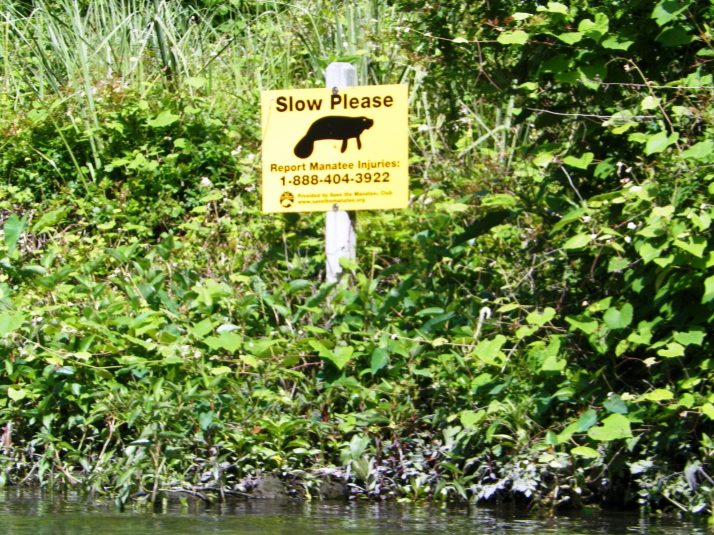In this post we hope to show the differences or similarities of Ecotourism-vs-Geotourism
Ecotourism - The Definition
Ecotourism is now defined as "responsible travel to natural areas that conserves the environment, sustains the well-being of the local people, and involves interpretation and education" (TIES, 2015). Education is meant to be inclusive of both staff and guests.
Principles of Ecotourism
Ecotourism is about uniting conservation, communities, and sustainable travel. This means that those who implement, participate in and market ecotourism activities should adopt the following ecotourism principles:
- Minimize physical, social, behavioral, and psychological impacts.
- Build environmental and cultural awareness and respect.
- Provide positive experiences for both visitors and hosts.
- Provide direct financial benefits for conservation.
- Generate financial benefits for both local people and private industry.
- Deliver memorable interpretative experiences to visitors that help raise sensitivity to host countries' political, environmental, and social climates.
- Design, construct and operate low-impact facilities.
- Recognize the rights and spiritual beliefs of the Indigenous People in your community and work in partnership with them to create empowerment.
Click Here to read the full articles announcing the revisions.
Source: https://www.ecotourism.org/what-is-ecotourism
Geotourism is defined as tourism that sustains or enhances the geographical character of a place—its environment, culture, aesthetics, heritage, and the well-being of its residents.
Geotourism incorporates the concept of sustainable tourism—that destinations should remain unspoiled for future generations—while allowing for ways to protect a place's character. Geotourism also takes a principle from its ecotourism cousin,—that tourism revenue should promote conservation—and extends it to culture and history as well, that is, all distinctive assets of a place.
The Geotourism Charter: Governments and allied organizations that sign this statement of principles take a first step in adopting a geotourism strategy. Download the Geotourism Charter (PDF). After committing to a geotourism strategy, signatories then work with local communities to determine their geotourism goals.
What Is Sustainable Tourism?
Sustainable tourism, like a doctor's code of ethics, means "First, do no harm." It is the foundation for destination stewardship.
Sustainable tourism protects its product-the destination. It avoids the "loved to death" syndrome by anticipating development pressures and applying limits and management techniques that preserve natural habitats, heritage sites, scenic appeal, and local culture.
It conserves resources. Environmentally aware travelers patronize businesses that reduce pollution, waste, energy consumption, water usage, landscaping chemicals, and excessive nighttime lighting.
It respects local culture and tradition. Foreign visitors learn local etiquette, including at least a few courtesy words in the local language. Residents learn how to deal with foreign expectations that may differ from their own.
It aims for quality, not quantity. Destinations measure tourism success not just by numbers of visitors, but by length of stay, how they spend their money, and the quality of their experience.
What Is Geotourism?
Geotourism adds to sustainability principles by building on a destination's geographical character, its "sense of place," to emphasize the distinctiveness of its locale and benefit visitor and resident alike.
Geotourism is synergistic: All the elements of geographical character work together to create a tourist experience that is richer than the sum of its parts, appealing to visitors with diverse interests.
It involves the community. Local businesses and civic groups join to provide a distinctive, authentic visitor experience.
It informs both visitors and hosts. Residents discover their own heritage by learning that things they take for granted may be interesting to outsiders. As local people develop pride and skill in showing off their locale, tourists get more out of their visit.
It benefits residents economically. Travel businesses hire local workers, and use local services, products, and supplies. When community members understand the benefits of geotourism, they take responsibility for destination stewardship.
It supports integrity of place. Destination-savvy travelers seek out businesses that emphasize the character of the locale. In return, local stakeholders who receive economic benefits appreciate and protect the value of those assets.
It means great trips. Enthusiastic visitors bring home new knowledge. Their stories encourage friends and relatives to experience the same thing, which brings continuing business for the destination.
Source: http://travel.nationalgeographic.com/travel/sustainable/about_geotourism.html
So what is the real difference - you have to decide. Both sides of this comparison do good, educate and encourage sustainable tourism. We are just here to encourage you to take a few moments and consider these points when booking your next adventure or vacation.
See you on the trail!
Jeanene


